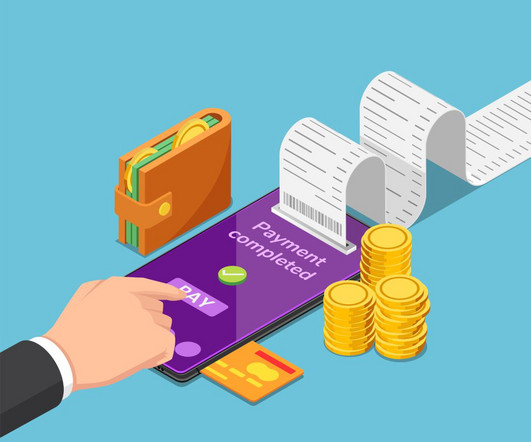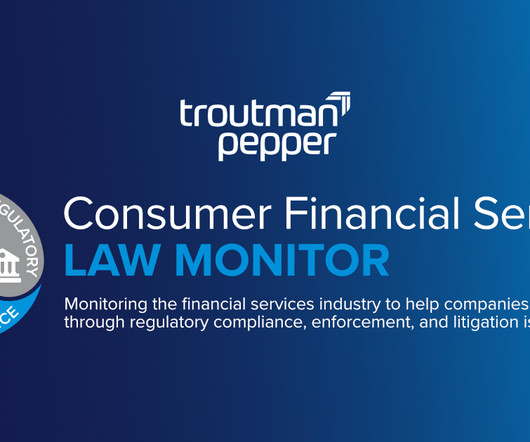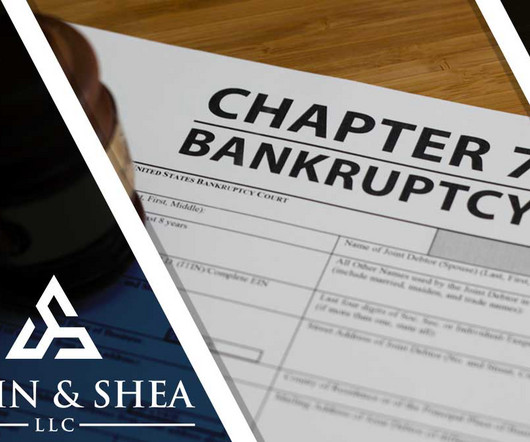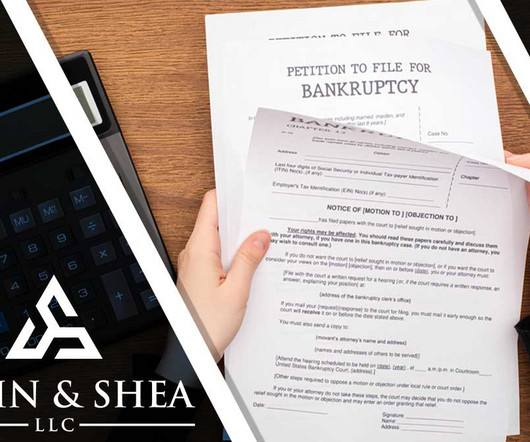How Credit Card Debt Collection Works
Taurus Collect
MAY 11, 2023
If you have ever had to deal with credit card debt, you know it can be stressful. Debt collectors call at all hours of the day and pressure is put on borrowers to quickly make payments in full. The process begins when the debtor stops making payments on their credit card and goes into default.



























Let's personalize your content